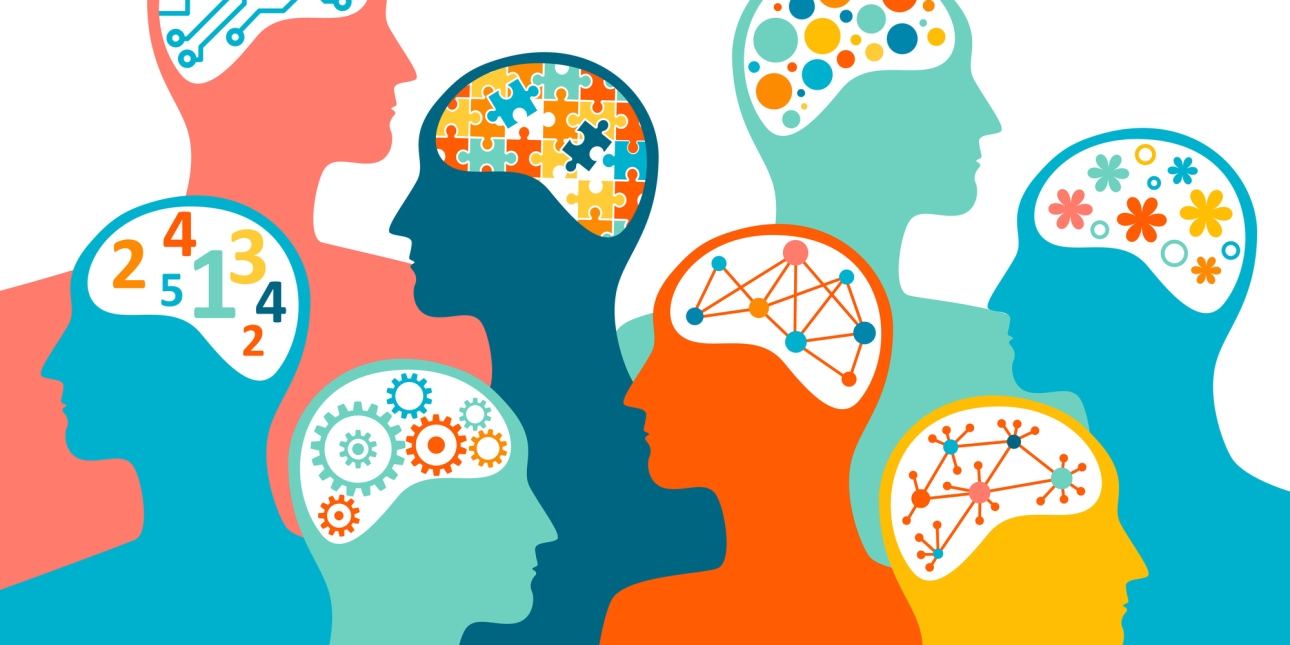How can we celebrate neurodiversity in the PR industry?
Having recently been diagnosed with ADHD, Harriet Lewis is starting to feel comfortable talking about the benefits neurodiversity brings to her work…
Last month’s Neurodiversity Celebration Week provided an opportunity to challenge stereotypes about neurological differences and transform how neurodivergent individuals are perceived.
Diagnosis rates, from dyslexia to autism to ADHD, have soared in recent years, particularly in women. It's estimated that one in seven people are neurodivergent, so chances are someone you work with is too.
Our awareness of neurodiversity is steadily increasing. Dyslexia is now far better understood than it was even 20 years ago, and ADHD and autism are catching up too. The general conversation around neurodiversity seems to be shifting, in part thanks to notable celebrities sharing their diagnosis - most recently Johnny Vegas and Sue Perkins with ADHD and Christine McGuiness with autism.
Men are still three times more likely to be diagnosed with ADHD and four times more likely with autism than women. Women are far likely to ‘mask’ their symptoms, which can be exhausting and can lead to burnout. In the female dominated PR industry, it’s more important than ever that we celebrate the unique skills of people with neurodiversity and foster environments where neurodiverse people can thrive.
When I first started my career in PR at 24, I was embarrassed to share that I was dyslexic. In an industry that prides itself on its ability to plan and prioritise with speed and thoroughness it wasn’t something I wanted my colleagues to know. Now recently diagnosed with ADHD aged 29, I’m starting to feel comfortable to talk about my neurodiversity and the benefits it brings to my work.
In my own career, people with dyslexia have sometimes been viewed as a hindrance, slowing the team down or lacking attention to detail. These misconceptions and lack of awareness surrounding neurodiversity can lead to discrimination. In truth, it is that the systems neurodiverse people are working within are designed for neurotypical people. However, out of the box thinking, multi-tasking and creativity are all traits associated with neurodiversity, all of which are valuable skills required in the comms industry.
For me, the fast paced nature of PR suits my ADHD brain. The ever changing campaigns and new clients keep things interesting and the tight deadlines work well for me since, like most people with ADHD, I work best under time pressure and have a shorter attention span.
I use systems, write everything down and use extensive reminders so I don’t lose documents and emails. I sometimes get overwhelmed and it can take me a whole day to write my to-do list. I can also hyperfocus on creative ideas for hours, find solutions to problems without getting weighed down by small details and zoom out and view the big picture on projects.
If companies want to get the best out of neurodiverse employees, the starting point is to create inclusive workplaces that accommodate people’s needs and different ways of working, to enable them to flourish, something that doesn't come as standard in the PR industry. Talking about neurodiversity is also key. Asking questions about how to best support team members but also talking about your own neurodiversity, if and when you feel ready to.
Neurodiversity Celebration Week served as a reminder that neurodiversity is an asset that should be celebrated, not stigmatised. As the rates of diagnosis continue to increase, it's important for the PR industry to create inclusive workplaces that accommodate the unique needs of neurodiverse individuals. By fostering environments that value out-of-the-box thinking, and creativity, the industry can benefit from the valuable skills that neurodiversity brings. By raising awareness and having open conversations about neurodiversity, we can create a more welcoming and supportive workplace and work towards a more inclusive and diverse PR industry.
Harriet Lewis is an account manager at Catch Communications. Read the original post.



